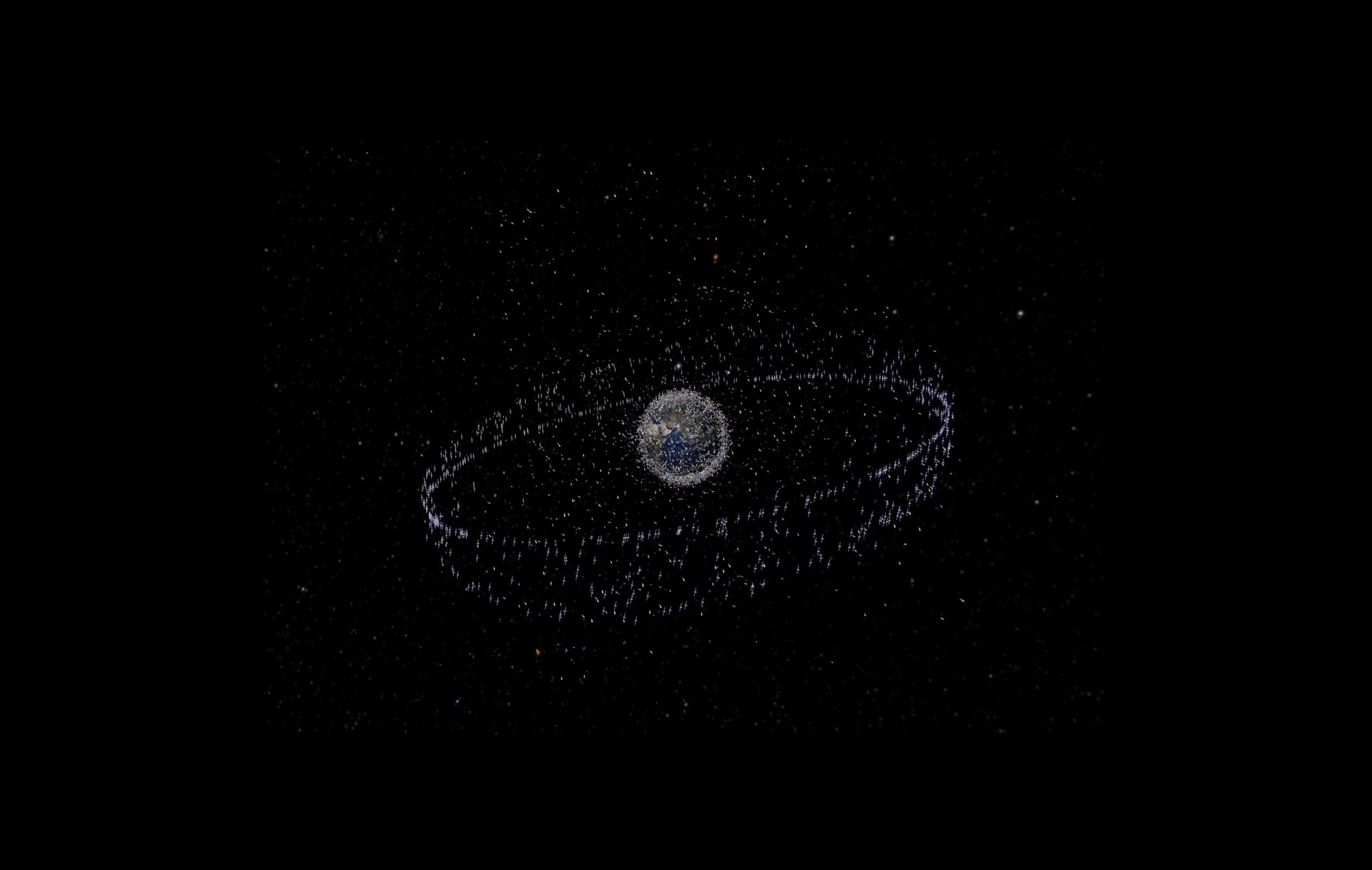
The Intersection of Planetary Sapience and Speculative Futures
Reflections – Benjamin Bratton – ‘PLANETARY SAPIENCE’ (2021) & Gerry Canavan – ‘IF THIS GOES ON’ introduction to ‘GREEN PLANETS’ (2014)
Benjamin Bratton’s 2021 essay “Planetary Sapience” advances a compelling argument for a planetary-scale reconceptualization of intelligence and agency. Central to his thesis is the notion of a “smart exoskeleton”—a synthetic, distributed cognition deeply integrated with planetary systems. This construct, which he terms synthetic intelligence, represents a collaborative synthesis of human and machine cognition that surpasses the capacities of either alone. Crucially, Bratton frames this emergent intelligence not as an endpoint but as a precondition for planetary terraforming—not of alien worlds, but of our own Earth.
Terraforming, as Bratton envisions it, transcends the technological. It becomes an ethical project, demanding critical reflection on the values and trajectories we choose to embed within planetary-scale transformations. Gerry Canavan, in the introduction to Green Planets (2014), extends this perspective by situating planetary crises within the narratives we construct about the future, via the medium of Science Fiction. Drawing on Robert A. Heinlein’s tripartite categorization of science fiction—“what if,” “if only,” and “if this goes on”—Canavan critiques the ecological crises embedded in capitalism’s perpetual demand for growth. Speculative fiction, Canavan argues, oscillates between dystopian warnings (“if this goes on”) and utopian aspirations (“if only”), providing a framework for interrogating the systemic underpinnings of ecological collapse.
Bratton’s focus on the conditions for planetary terraforming and Canavan’s analysis of speculative narratives converge in what I propose to we call planetary metabolism – the process by which the planet assimilates environmental signals and systemic data through its smart exoskeleton, digesting these inputs through the narratives we construct about our future, and ultimately metabolizing them to foster a healthy and viable planetary state.

The interplay between Bratton’s “planetary sapience” and Canavan’s speculative narratives invites deeper reflection on the role of imagination in addressing ecological crises. Bratton identifies the necessity of synthetic intelligence in enabling planetary-scale collaboration, yet emphasizes that technological potential alone cannot determine outcomes. It is imagination—shaped by values, ethics, and speculative narratives—that becomes the terrain upon which futures are constructed.
The central challenge, then, lies not merely in our capacity to metabolize the crises of the Anthropocene but in our ability to internally arrange our own intellectual and imaginative frameworks. Canavan’s description of the scientific fiction “if this goes on” narratives exemplify the stakes: they force us to confront the inevitability of ecological catastrophe while simultaneously urging us to intervene in ways that inscribe new possibilities into a seemingly preordained trajectory.
This act of imagination, of envisioning alternative modes of planetary existence, constitutes the ultimate terraforming project. It demands a reconciliation of our technological capabilities with a planetary ethic capable of sustaining life in all its forms. In this sense, the futures we imagine become as consequential as the technologies we develop.


